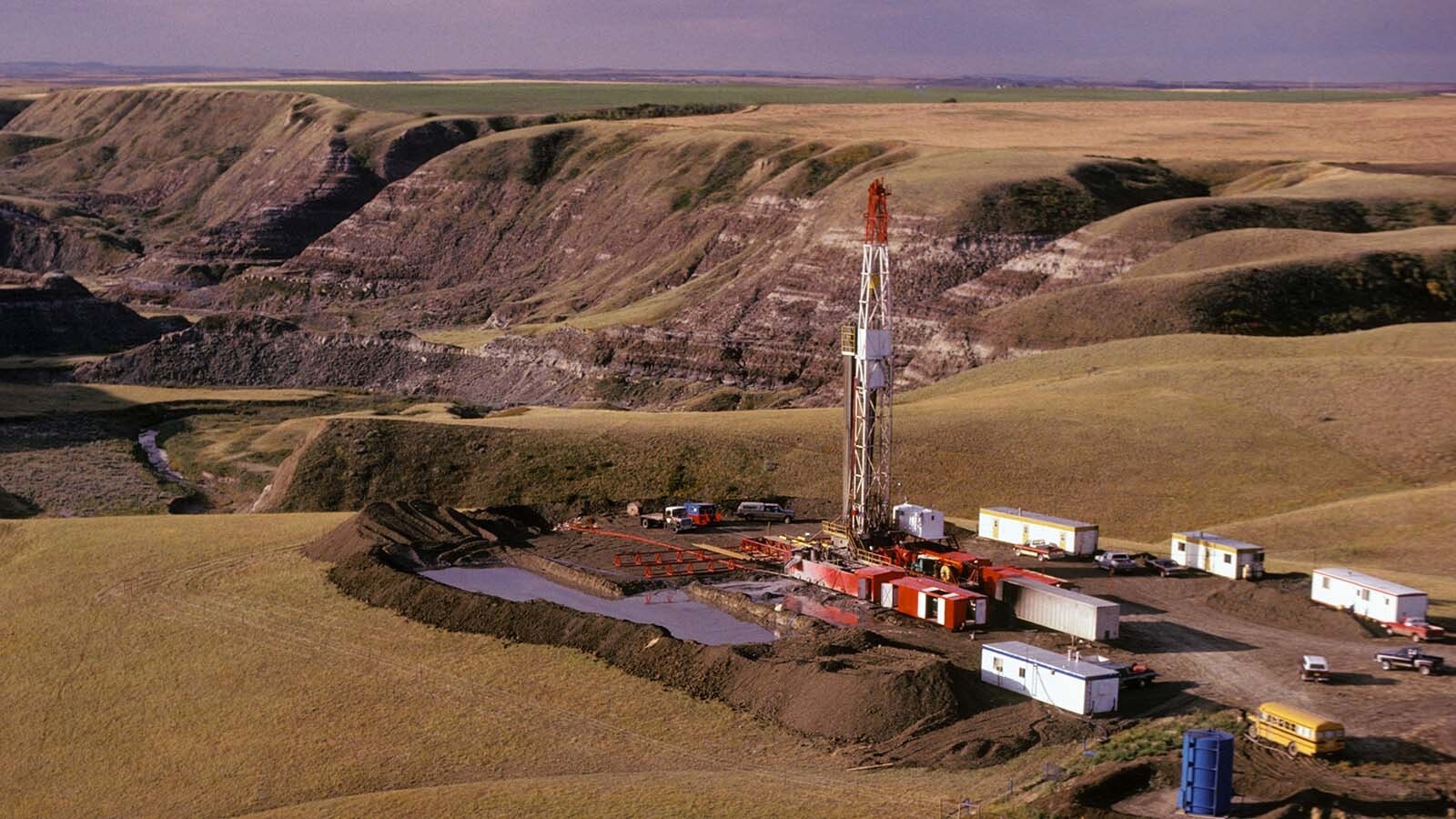Wyoming’s economy and coal production may look very different today were it not for efforts Washington state made in 2017 to close off coal to Asian export opportunities.
Millennium Bulk Terminal proposed a port on the Pacific Coast that would have connected Wyoming and Montana coal mines to markets in Asia.
Washington officials and environmental groups, however, couldn’t tolerate the idea of coal moving through the state. Concerns about water quality impacts and greenhouse gasses from burning the coal formed the basis from which the state denied the permits the terminal needed.
While environmentalists who fought to block the project thought they’d won a victory against coal, Asian nations have instead sourced their coal from other countries. The difference is Wyoming coal is much less polluting.
Since 2018, China alone has brought online 193,685 megawatts of coal-fired capacity. The International Energy Agency’s latest coal market update stated that global coal demand for electrical generation and steel production reached record highs in 2022.
All decreases in coal use in the West have been entirely offset by increases in the East.
Huge Demand
Wyoming and Montana sued Washington, arguing that Washington violated the U.S. Constitution’s protection against trade protectionism between states. The U.S. Supreme Court in 2021 refused to hear the case, effectively killing the port project for good.
Tom Lubnau, a Gillette attorney who is a former speaker of the Wyoming House of Representatives, told Cowboy State Daily that when Wyoming officials initiated the effort to build a port terminal in Washington, Powder River Basin coal was shipping out of Canadian ports for the East.
“There was a huge demand for coal, even then. There still is,” Lubnau said.
The Asian countries, including Japan, Taiwan and South Korea, were interested in diversifying sources of coal, which would make them less dependent on Australia, Indonesia, Australia and Russia.
Ironically, the coal from Wyoming is lower in sulfur, and it would have been better for the environment if the port terminal had been built.
“You’re still having the same carbon dioxide emissions. It’s just coming with a whole bunch of other” pollutants, Lubnau said.
Like Peat
Former Wyoming Sen. Eli Bebout, who served in the state Senate during the efforts to build the terminal, told Cowboy State Daily they call the coal from those countries in the East “low-grade coal.”
“That coal is more like peat,” which is decayed plant material that doesn’t exist in the right conditions to become coal.
Jeff Wasserburger, who served in the Wyoming House of Representatives and Senate from 1995 to 2023, told Cowboy State Daily that he had traveled to Beijing about 10 years ago and saw how dirty the coal there is.
“I can remember thinking it was snowing. Finally, I came to the realization that what I thought was snow was coal ash falling,” Wasserburger said.
Frosty Reception
While Asian countries embrace coal, the U.S. government has, since the Obama administration, been doing all it can to eliminate it. Officials also have tried to get Asia to join the U.S. in its war on coal without success.
Last month, U.S. Special Envoy for Climate John Kerry tried again to get China to agree to reduce its emissions, but the trip was a failure.
During a legislative-sponsored trip to Asia, Bebout saw how differently Asian countries view coal compared to the U.S.
Bebout said that during the trip, which Lubnau also participated in, they got a warm welcome from the officials in Japan, South Korea and Taiwan.
“The worst treatment we got was from our own embassy in Japan,” Bebout said. “They didn’t want to have anything to do with Wyoming coal.”
Human Needs
Wasserburger said he understands why developing countries aren’t cooperating with U.S. emission reduction goals.
“When you have billions of people without electricity, you have to have a way to provide it,” Wasserburger said.
Lubnau said that these environmental goals are luxury concerns that developing countries can’t afford. He referred to the work of American psychologist Abraham Maslow, who theorized that human needs form a hierarchy, and until the needs at the bottom of the pyramid are satisfied, which includes food and security, humans aren’t motivated to pursue higher needs.
So, developing countries aren’t going to worry about clean air until they have clean water, which requires affordable energy.
Opponents of the Washington port didn’t seem to grasp this.
Economic Benefits
Besides allowing developing countries in the East to get cleaner energy, if the port terminal would have been realized, Wyoming’s economy would have greatly benefited.
“Even with the transportation costs, I think we could have competed in that market,” Wasserburger said.
Besides all the jobs in the state, the tax revenues would have benefited schools and other government services.
Wassurburger said it wouldn’t have just benefited Wyoming’s economy, the port project would have also created jobs for Washington residents.
“I know that Wyoming and we in Wyoming have a different philosophy on minerals than maybe the rest of the United States, but it certainly would have been beneficial,” Wassurberger said.





